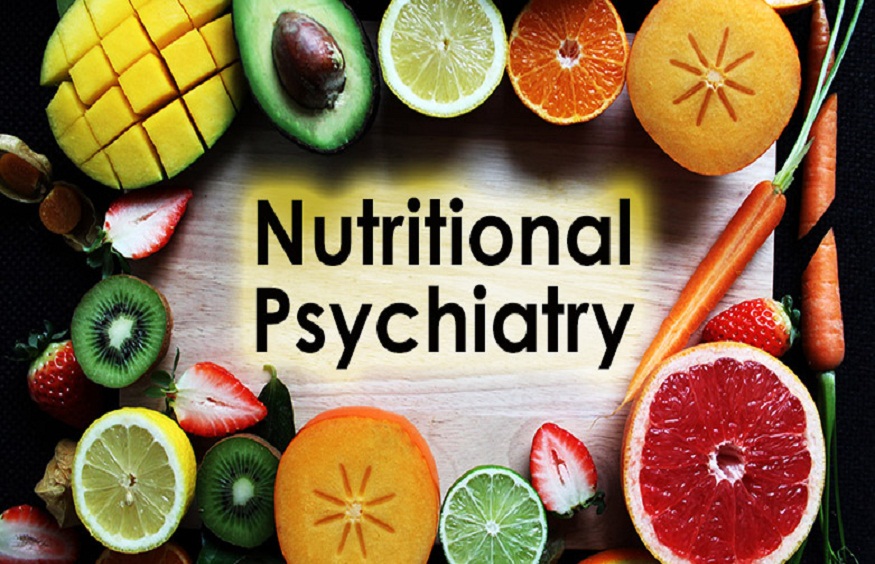Nutrition plays a vital role in mental health. It can affect mood, behavior, and overall well-being. A balanced diet may support brain function and help manage mental health conditions. Recent studies show that nutrition can impact conditions like depression and anxiety. For example, those with mesa ptsd might benefit from specific dietary choices. By understanding the link between what we eat and mental health, we can take steps toward better care.
The Connection Between Food and Mood
Food and mood are closely linked. Foods rich in omega-3 fatty acids, like fish, may reduce symptoms of depression. Leafy greens and whole grains provide essential nutrients that improve brain health. The connection is strong and can guide dietary choices for mental well-being.
How Vitamins and Minerals Affect the Brain
Vitamins and minerals are crucial for brain function. Vitamin D, often obtained from sunlight and certain foods, can influence mood. Low levels of vitamin D have been linked to depression. B vitamins, found in meat and beans, support energy and mood regulation. These nutrients are important for maintaining mental health.
| Vitamin/Mineral | Sources | Impact on Mental Health |
| Omega-3 Fatty Acids | Fish, Flaxseeds | May reduce depression symptoms |
| Vitamin D | Sunlight, Fortified Foods | Can affect mood |
| B Vitamins | Meat, Beans | Support energy and mood |
The Role of Gut Health in Psychiatry
The gut-brain connection is another key area in nutrition and mental health. A healthy gut can improve mood and cognitive function. Probiotics, found in yogurt and fermented foods, support gut health. This, in turn, supports mental health. An understanding of this link can help manage psychiatric conditions.
Research and Findings
Research continues to explore nutrition’s role in psychiatry. Studies from institutions like the National Institutes of Health provide insights. A diet rich in fruits, vegetables, and whole grains supports mental well-being. Sugar and processed foods, on the other hand, might worsen mental health issues. This ongoing research offers hope for new treatment approaches.
Practical Steps for Better Nutrition
- Incorporate more fruits and vegetables into meals
- Choose whole grains over refined grains
- Include sources of omega-3 fatty acids in the diet
These steps can support mental health and overall well-being. They are simple yet effective ways to harness the power of nutrition in psychiatry.
Conclusion
Understanding the influence of nutrition in psychiatry opens doors to better care. By focusing on nutrient-rich foods, we can support mental health. This approach, supported by research, offers a promising addition to traditional psychiatric treatment. With ongoing studies and a growing body of evidence, nutrition may become a cornerstone in mental health care strategies.




